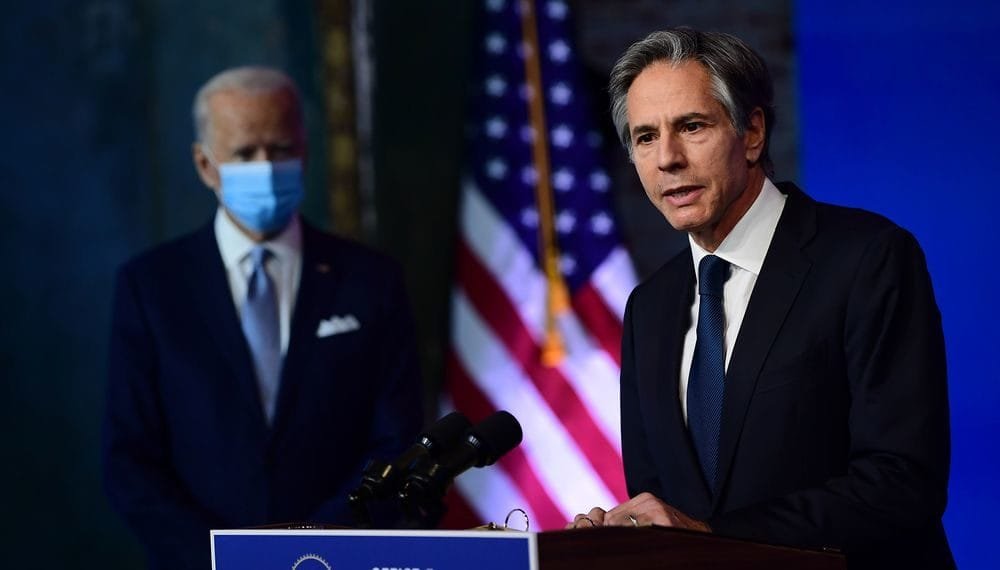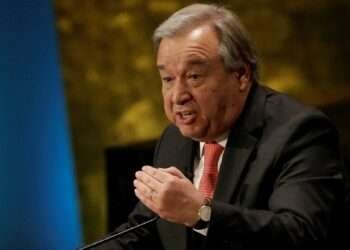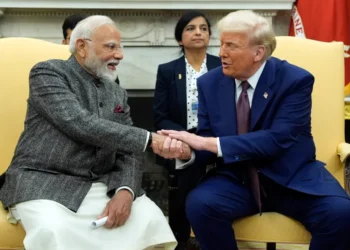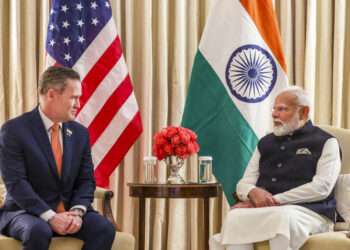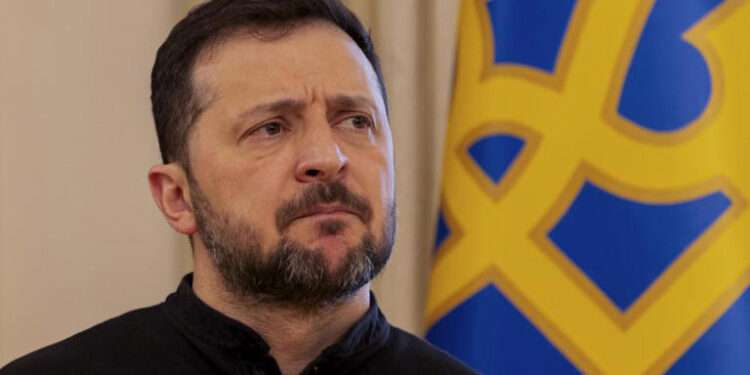US Secretary of State, Antony Blinken has maintained that China represents the top geopolitical challenge facing the United States as he outlined the Biden administration’s strategic vision for the US foreign policy
In a speech in Washington, DC, Secretary Blinken averred that President Joe Biden views the world as a contest between democracy and authoritarianism and promised the US would “lead with diplomacy” not military intervention.
Addressing US-China relations, the Secretary of State said the US-China relationship presents the “biggest geopolitical test of the 21st Century”.
“China is the only country with the economic, diplomatic, military, and technological power to seriously challenge the stable and open international system, all the rules, values and relationships that make the world work the way we want it to.”
He posited that the US would collaborate with China where possible and compete as necessary, but always from “a position of strength” and with the participation of allies.
“It requires engaging in diplomacy and in international organisations because where we pull back, China has filled in.”
Secretary Blinken then iterated that the US stands against China’s abuse of Uighur human rights in Xianjing and trampling of democracy in Hong Kong.
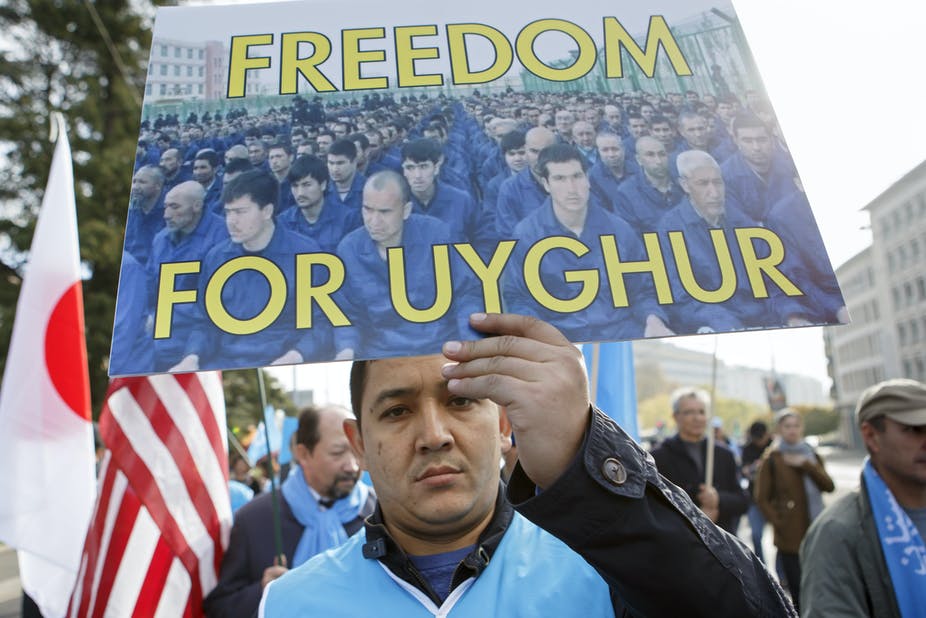
The Secretary of State also argued US foreign policy and domestic wellbeing must be linked, defending President Biden’s plan to repair the US economy and democracy at home whiles renewing America’s influence and power abroad.
“The more we and other democracies can show the world that we can deliver – not only for our people but also for each other – the more we refute the lie that authoritarian countries love to tell, that theirs is the better way to meet people’s fundamental needs, and hopes…It’s on us to prove them wrong.”
Also in his speech, Secretary Blinken cited Russia, Iran and North Korea as “serious challenges”, adding that “there are serious crises we have to deal with” in Yemen, Ethiopia and Myanmar.
He revealed that he spoke with Ethiopia’s Prime Minister, Abiy Ahmed on March 2, to express US concerns about reports of massacres in the Tigray region.
Secretary Blinken also spoke of “hard lessons learned” in Afghanistan, Iraq and Syria where US forces have been engaged in combat operations for much of the past 20 years.
“Americans are rightly wary of prolonged US military interventions abroad. We’ve seen how they often come at far too high costs both to us and to others.
“When we look back at the past decades of our military involvement in the world, especially in Afghanistan and the Middle East, we must remember what we’ve learned about the limits of force to build a durable peace. It is critical to pursue every possible avenue to a diplomatic solution.”
He indicated that President Biden is still weighing whether to withdraw 2,500 US troops from Afghanistan by May 1, under a deal former President Donald Trump struck with the Taliban.
The White House also said in a national security memo distributed to US agencies in connection with Blinken’s speech that, “Notably, our aim will be to de-escalate regional tensions and create space for people throughout the Middle East to realize their aspirations.”
Read Also: Biden reiterates ‘America is back’ in welcome words to allies

